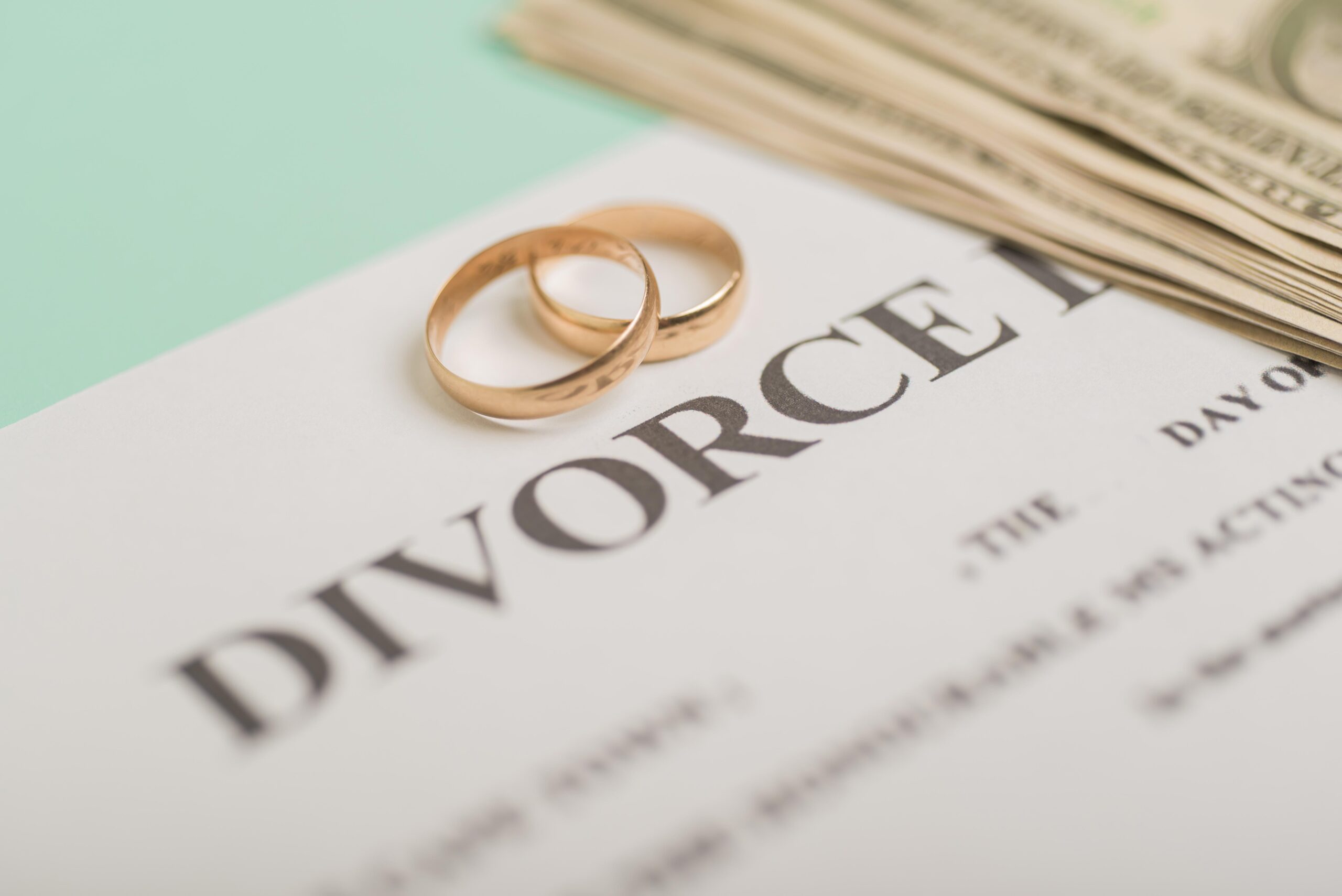What is Divorce Mediation?
Divorce mediation is a collaborative process where a neutral mediator helps spouses negotiate and settle divorce-related issues, such as child custody, asset division, and spousal support. The goal is mutual agreement without court intervention.
- Focus: Cooperative negotiation.
- Participants: Spouses and a mediator.
- Environment: Informal and private.
- Outcome: Agreements are documented and submitted to the court for approval.
What is Divorce Litigation?
Divorce litigation is a formal process where spouses resolve disputes in court. Attorneys represent each party, and a judge makes binding decisions on contested issues.
- Focus: Resolving disputes through legal arguments.
- Participants: Spouses, attorneys, and a judge.
- Environment: Formal and public.
- Outcome: Judge issues legally binding rulings.
10 Key Differences Between Divorce Mediation and Litigation
| Aspect | Mediation | Litigation |
| Cost | Lower costs (average: $5,000–$7,000) | Higher costs (average: $15,000–$30,000) |
| Timeframe | Typically 2–6 months | Can take 12–24 months or longer |
| Control | Spouses retain control over decisions | Judge makes final decisions |
| Privacy | Confidential | Public record |
| Process | Informal meetings | Formal court procedures |
| Stress Levels | Generally lower | Can be highly stressful |
| Children’s Impact | Focus on minimizing conflict | Potentially adversarial atmosphere |
| Flexibility | Allows creative solutions | Limited by legal statutes |
| Legal Representation | Optional but recommended | Required |
| Enforceability | Agreements submitted for court approval | Court orders are immediately enforceable |
Advantages of Divorce Mediation
- Cost Efficiency: Mediation is cost-effective, saving both time and money compared to litigation.
- Flexibility: Parties can craft personalized agreements that work best for their family.
- Faster Resolution: Mediation sessions typically conclude within months.
- Privacy: Discussions remain confidential, protecting personal and financial details.
- Reduced Conflict: Mediation fosters a less adversarial environment.
Advantages of Divorce Litigation
- Legal Protection: Attorneys advocate for clients, ensuring their rights are upheld.
- Binding Decisions: The court resolves disputes when parties cannot agree.
- Fairness Oversight: Judges ensure compliance with the law.
- Appropriate for Complex Cases: Litigation addresses high-conflict situations effectively.
- Enforceability: Court rulings are immediately enforceable by law.
Situations Where Mediation is Ideal
- When both spouses are willing to negotiate in good faith.
- When conflicts are manageable, and emotions do not hinder communication.
- When privacy and a cooperative atmosphere are priorities.
Situations Where Litigation is Necessary
- When domestic violence, abuse, or power imbalances exist.
- When one party refuses to cooperate or negotiate.
- When disputes involve complex financial or legal issues requiring court intervention.
How to Choose Between Mediation and Litigation
- Assess Communication Levels: Mediation works best for amicable couples; litigation suits high-conflict situations.
- Evaluate Financial and Legal Complexity: Complex cases often benefit from litigation.
- Consider Long-Term Impact: Mediation preserves relationships; litigation may strain them further.
- Prioritize Child Welfare: Mediation focuses on minimizing children’s exposure to conflict.
FAQs About Divorce Mediation and Litigation
1. Can mediation replace court involvement entirely?
No, mediated agreements still need court approval to become legally binding.
2. Is litigation always adversarial?
Not necessarily, but it often involves heightened conflict due to opposing legal arguments.
3. Are mediators allowed to offer legal advice?
No, mediators facilitate discussions but cannot provide legal advice. It’s advisable to consult an attorney.
4. Can I switch from mediation to litigation?
Yes, if mediation fails, spouses can opt for litigation to resolve unresolved disputes.
Conclusion
Choosing between divorce mediation and litigation depends on the complexity of the case, willingness to cooperate, and financial considerations. Mediation suits amicable cases focused on collaboration, while litigation addresses high-conflict or legally complex divorces. Each approach has distinct advantages, tailored to meet different needs.




